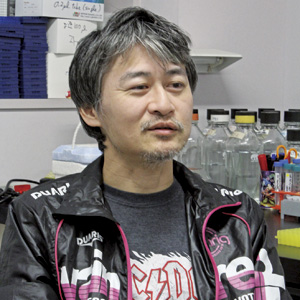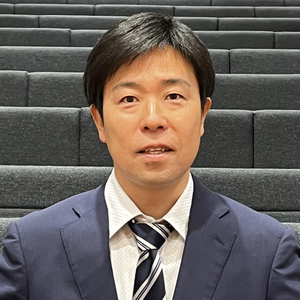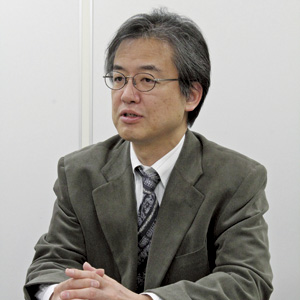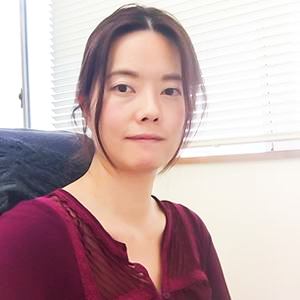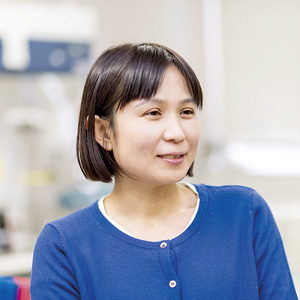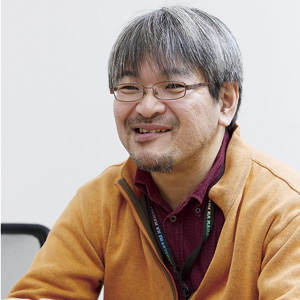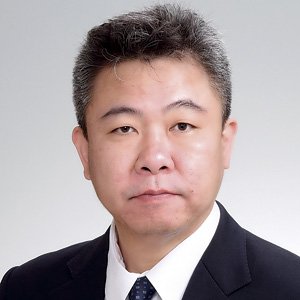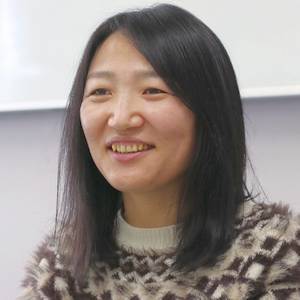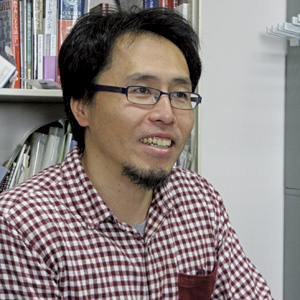Biological Sciences
To acquire a broad basic knowledge of natural science and specialized knowledge of Bioscience and Biotechnology, aiming to apply it to solving various problems related to human health.
What you can learn and research in this course?
We conduct a wide range of education and research, from basic research aimed at elucidating the mechanisms of life phenomena to applied research such as the development of therapeutic techniques for diseases, the production of useful substances such as drugs, and the use of stem cells.
Field of Biofunctions
We educate and research about the nervous system centered in the brain, the muscular system that moves the body, and the mechanisms of breathing, cardiac circulation and the visceral organs that support life.
Field of Cellular Engineering
Cells are the basic units of organisms. In addition to the basic field of understanding the cell mechanisms and the communication between cells, we educate and research on the application of cell modification techniques and cell culture methods.
Field of Regenerative Medical Engineering
Students will study the basics of medical technology and medical engineering technology for regenerative medicine. We educate and research on technology that compensates for functions through gene therapy and artificial internal organs for rebuilding lost functions.
Field of Biomolecular Systems
Students will study the basic functions and structure of biomolecules such as nucleic acids and proteins.We educate and research on technologies and knowledge to clarify the function of cells and individuals life phenomena, and to apply them to control.
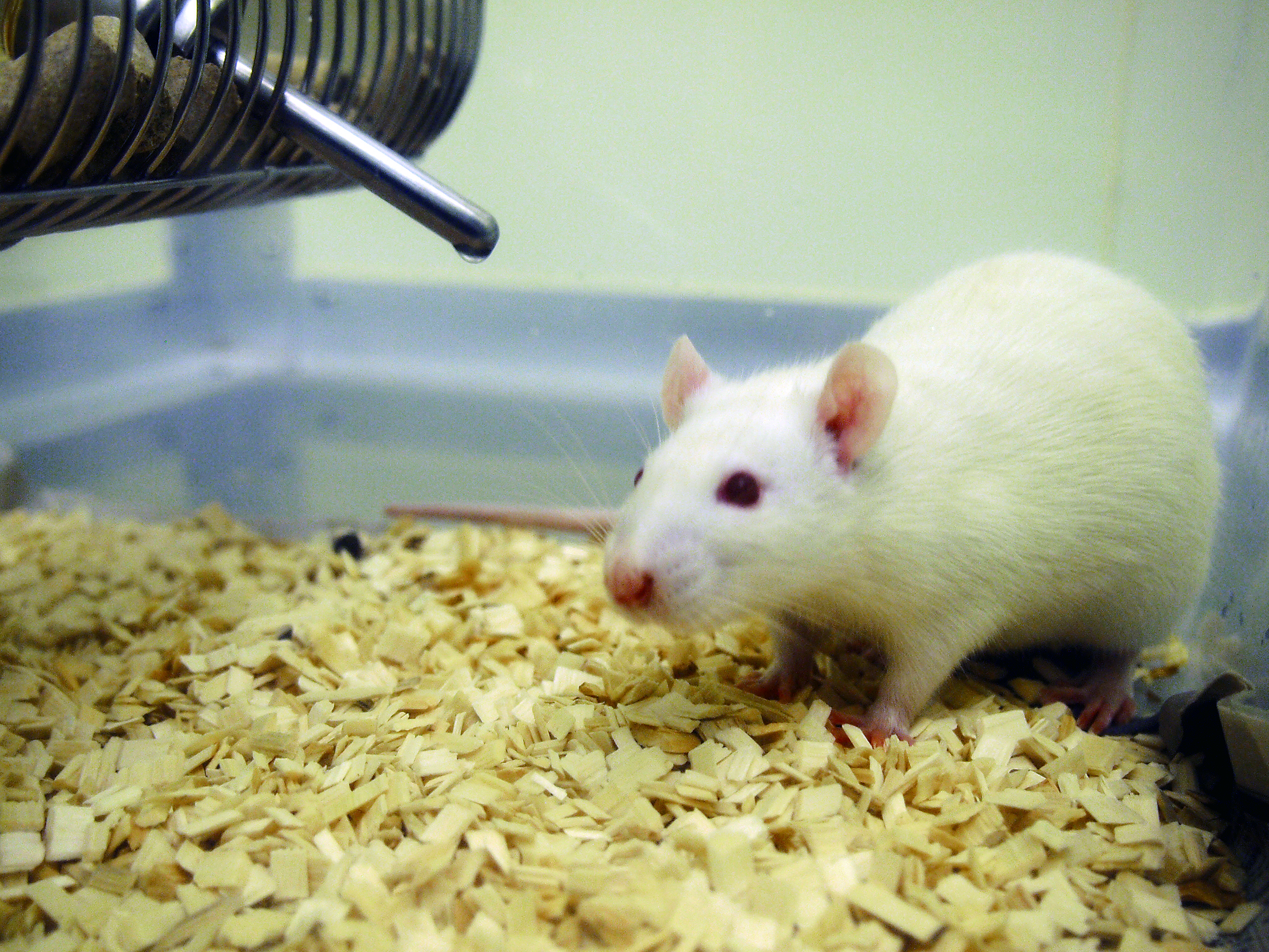
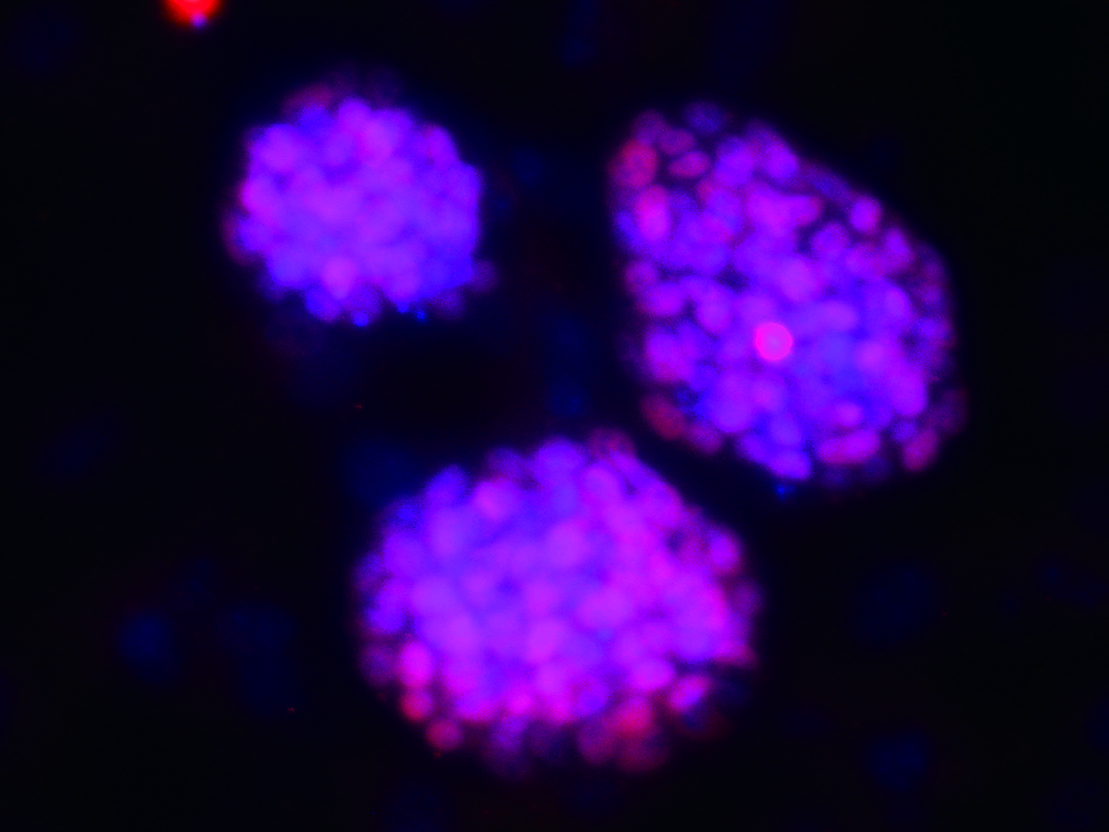
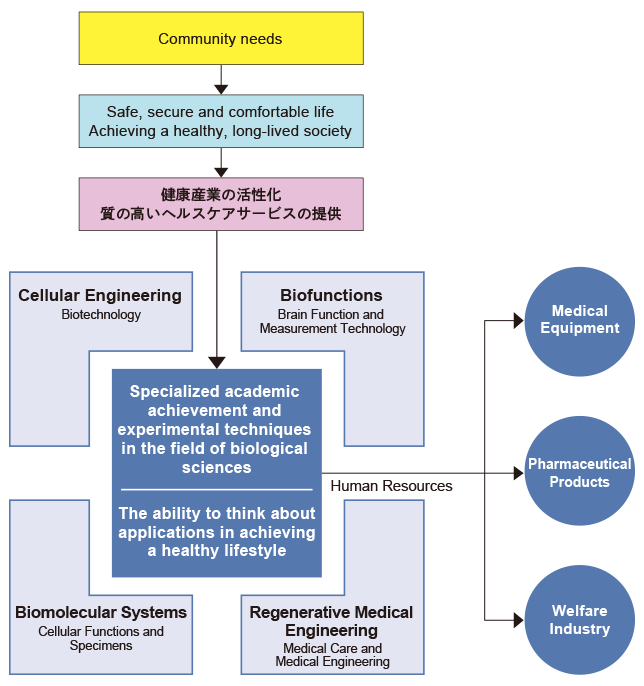
What this course looks for in students?
In the Biological Sciences Course, we develop human resources who have acquired basic knowledge in the field of engineering and specialized knowledge in the field of life science, as well as specialized engineers and researchers with the ability to explore and solve problems. Specifically, the course aims to develop human resources who can play an active role in the medical device, pharmaceutical, and welfare industries, as well as in the local and global communities. In order to achieve this goal, we are looking for students who have the following abilities and qualities.
- Proactivity to take on new challenges with an interest in medical technology development.
- Willingness to solve problems and seek the truth in the field of life sciences.
- Willingness to play an active role in local and international communities.
- A sense of culture and ethics in life science research
What kind of human resource will this course develop?
In this course, we provide life science education that incorporates basic knowledge of physics, chemistry, and other science and engineering fields, and develop applied research in cell engineering, regenerative medicine engineering, and other fields based on fundamental aspects of life phenomena and biological functions. From there, we aim to develop human resources who can contribute to the development of medical technology, including the development of pharmaceuticals and medical devices including welfare equipment.
What kind of career path is expected after graduation?
We expect our graduates to play an active role in developments of equipment and pharmaceuticals related to health, welfare and medical care, and the health and welfare industry related to people, as well as in educational fields by utilizing the latest life science knowledge.
- Research institute
- Medical industry
- Food manufacturing industry
- Chemical petroleum manufacturing industry
- Retail
- Civil service
- Going on to graduate school, etc.
Curriculum
| First year | Second year | Third year | Fourth year | |
|---|---|---|---|---|
| Specialized Basic Courses |
●Basic Mathematics ●Calculus I ●Calculus Ⅱ ●Linear Algebra ●Physics I ●Physics Ⅱ ●Chemistry I ●Chemistry Ⅱ ●Biology |
○Differential Equations ●Probability and Statistics ●Chemistry Laboratory |
||
| Biological Sciences Course Subjects | ●Molecular Cell Biology Ⅰ |
●Molecular Cell Biology Ⅱ ●Molecular Cell Biology Ⅲ ●Physiology ●Histomorphology ●Biological Information Science ●Exercises in Biological Science and Engineering Ⅰ ●Exercises in Biological Science and Engineering Ⅱ ●Reading Academic Papers in English Ⅰ |
●Reading Academic Papers in English Ⅱ ●Biological Science and Engineering Laboratory Ⅰ ●Biological Science and Engineering Laboratory Ⅱ ○Biometric Engineering ○Brain Science ●Biotechnology ○Regenerative Medical Engineering ○Introduction to Microbiology ○Nutritional Chemistry and Nutritional Science |
●Biological Science and Engineering Information Ⅰ ●Biological Science and Engineering Information Ⅱ ●Graduation Research |
| Common Courses within Science |
●Chemistry and Biotechnology Seminar Ⅰ ●Biochemistry ○Structural Inorganic Chemistry ○Basic Physical Chemistry ○Organic Chemistry Ⅰ ○Molecular Genetics |
●Introduction to Neuroscience ●Developmental Biology ○Basic Analytical Chemistry ○Physical Chemistry Ⅰ ○Quantum Chemistry ○Basic Chemical Engineering |
●English for Science Ⅰ ●English for Science Ⅱ ○Chemistry and Biotechnology Seminar Ⅱ ○Introduction to Chemistry and Biotechnology ○Organic Molecular Analysis ○Medicinal Science |
|
| Common Courses within the Department | ●Introduction to Soft Path Science and Engineering |
●Ethics for Engineers |
||
|
○Nuclear Engineering ○Quality Control and Industrial Management Plan ○Introduction to Intellectual Property ○Selected Topics in Patent Law |
||||
| ○Internships | ||||
| ○Overseas Training in English for Science and Engineering | ||||
●Compulsory Subjects ○Elective Subjects
Interviews with Students
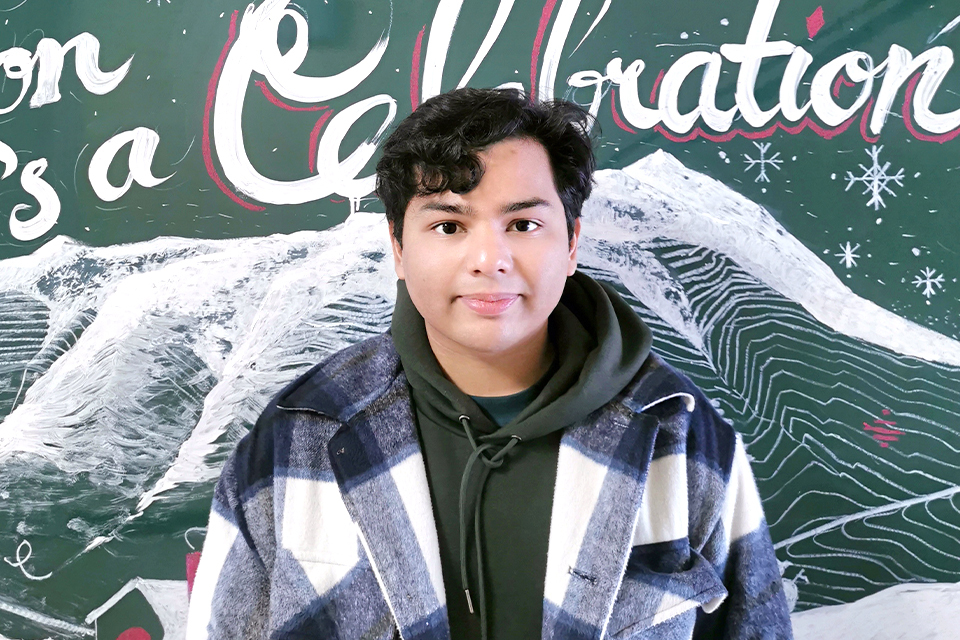
Studying abroad changes your view of the world and helps you grow as a person.
AIMAN NABIL BIN ABDUL RASHID
[from Sekolah Menengah Kebangsaan Jalan Empat (Jalan Empat National High School), Malaysia]
It has always been my dream to study in Japan, where traditional values have been maintained over the years while technological advances have brought about a better lifestyle. I was particularly interested in the Life Sciences course, where I could deepen my understanding of the human body, which is important for the advancement of the medical field, as well as the wide range of research conducted at the Faculty of Science and Technology in Iwate University.
Through the programs offered by the International Office, I have enjoyed my time at Iwate University, participating in fun activities that I could not experience in my home country, such as cherry blossom viewing, visits to historical sites and tourist attractions, and winter sports like snowboarding and skiing. The campus also has a free space called the Global Village, where events are held to help international and Japanese students get to know each other.
Studying in Japan is not easy, but I feel that studying abroad greatly broadens my worldview and helps me grow as a person.



